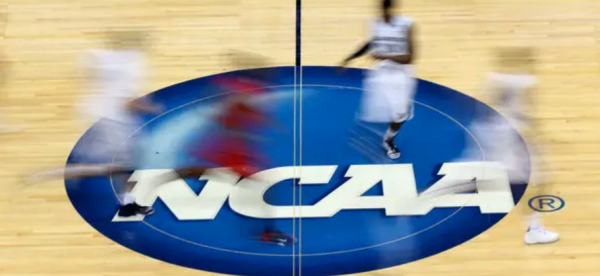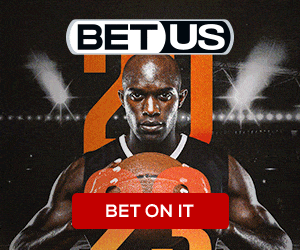Can't Bet College Player Props From My State: NCAA Wants Them Banned
If the NCAA has its way, college player prop bets will be banned in all US states.
Some states have already begun to do so, including Iowa and, more recently, Ohio. Vermont and Maryland have also followed suit.
NCAA President Charlie Baker on Wednesday urged lawmakers in ALL states with legal wagering on sporting events to ban betting on individual player performances.
"Sports betting issues are on the rise across the country with prop bets continuing to threaten the integrity of competition and leading to student-athletes getting harassed," Baker said in statement posted on social media. "The NCAA has been working with states to deal with these threats and many are responding by banning college prop bets."
That is likely the trend moving forward.
West Virginia hasn't banned prop bets on college players but the state is looking to pass legislation that would determine if a person poses a threat to “patrons or participants in a sports event.”
The punishment would result in a ban from appearing at sporting events.
It's important to understand that West Virginia was one of the first states to begin licensing online gambling operators after the US Supreme Court abolished decades long prohibition of the activity in May 2018.
Baker has said the proliferation of legal sports gambling has increased stress on college athletes, hence the West Virginia action.
"All that chatter about who's playing, who's not playing. Who's sore, who's not sore. What's going on with the team you're playing? What do you think your chances are? Which is just classic chatter, where — in a world where people are betting — takes on a whole new consequence," Baker said in January before his address to membership at the NCAA convention.
The NCAA has partnered with a data science company called Signify, which also works with the NBA Players Association and WNBA, to identify online threats made to athletes during championship events that are often linked to wagering.
"Basically tracks ugly, nasty stuff, that’s being directed at people who are participating in their tournaments and we’d use it the same way," Baker said in January. "And it can shut it down or basically block it. And in some cases even track back to where it came from."
- Gilbert Horowitz, Gambling911.com


















